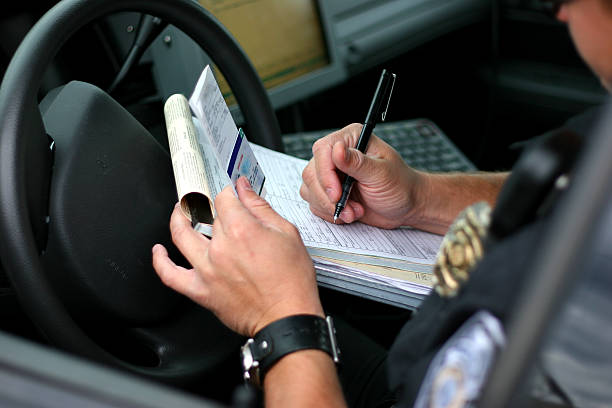
Receiving a speeding ticket is an experience most drivers dread. Apart from the financial burden of fines, it can also increase insurance premiums and add points to your driving record. This is where speeding ticket defense becomes a crucial tool to protect your rights and maintain a clean record. A strong defense can reduce penalties or even have the ticket dismissed altogether.
Why Speeding Tickets Should Be Taken Seriously
Many drivers underestimate the impact of a speeding violation. Beyond the initial fine, the consequences can ripple into higher insurance rates, potential license suspension, and even job-related issues for those who rely on driving. Understanding the seriousness of the situation is the first step toward building a solid defense.
Common Defenses Against Speeding Tickets
Several defense strategies can be used depending on the circumstances of the stop and the evidence available. Some common defenses include:
- Questioning the accuracy of speed detection devices: Radar and laser devices require calibration and proper handling. If errors are found, the evidence may be invalid.
- Challenging the officer’s observations: Visual estimations of speed are not always reliable, and challenging them may weaken the case.
- Proving necessity or emergency: If speeding occurred due to a genuine emergency, the court may consider leniency.
- Mistaken identity of the vehicle: In some cases, the wrong car may have been identified as speeding.
The Importance of Evidence in Speeding Ticket Defense
A successful defense relies heavily on evidence. Drivers should collect all relevant details, such as photographs of the road, weather conditions, or signage that may have been unclear. Requesting calibration records of radar devices or cross-examining the officer about their training and observations can also play a key role.
How Courts Handle Speeding Cases
In court, the prosecution must prove that the driver was speeding beyond a reasonable doubt. However, traffic courts often rely on the credibility of the officer’s testimony and the accuracy of speed-measuring equipment. By presenting strong counterarguments, a driver or their representative can cast doubt and potentially reduce or dismiss charges.
The Role of Legal Assistance
While some drivers attempt to handle speeding cases on their own, professional guidance can make a significant difference. Skilled legal professionals understand traffic laws, procedural rules, and effective defense strategies. They can negotiate with prosecutors, present evidence clearly, and maximize the chances of a favorable outcome.
Preventing Future Speeding Tickets
Defending against a ticket is important, but prevention is always better. Safe driving practices, using navigation tools with speed alerts, and staying updated on local traffic laws can help avoid future violations. Maintaining a clean driving record not only reduces stress but also saves money in the long run.
Conclusion
Speeding ticket defense is more than just disputing a fine—it is about protecting your driving privileges, financial stability, and record. By understanding common defenses, gathering strong evidence, and considering professional assistance, drivers can significantly improve their chances in court. A proactive approach today can prevent long-term consequences tomorrow.

